Source Sherpa - AI-powered Research Aid

Welcome to Source Sherpa, your guide to effective web research!
Enhancing research with AI precision
Define your research topic and objectives by...
Develop effective search queries by...
Initiate your search using general and specialized search engines to...
Critically evaluate sources using the CRAAP test to...
Get Embed Code
Introduction to Source Sherpa
Source Sherpa is designed to assist users in conducting effective and efficient web-based research. It acts as a comprehensive guide for finding high-quality, relevant, and authoritative resources, suited for academic, professional, or personal research needs. This tool is especially useful in scenarios where precise and reliable data gathering is crucial, such as academic thesis preparation, market analysis for business strategies, or in-depth personal interest explorations. For example, a user preparing a research paper on climate change can use Source Sherpa to identify peer-reviewed articles, current news on climate policy, and relevant datasets, ensuring a well-rounded collection of sources. Powered by ChatGPT-4o。

Main Functions of Source Sherpa
Developing Effective Search Queries
Example
If a user needs information on renewable energy trends, Source Sherpa helps craft queries like 'renewable energy market trends 2023 OR 2024' to find timely and pertinent articles.
Scenario
This function is applied when starting a new research topic to ensure broad yet relevant coverage across multiple databases and search engines.
Critical Evaluation of Sources
Example
Applying the CRAAP test, Source Sherpa assesses sources for their Currency, Relevance, Authority, Accuracy, and Purpose to filter out unreliable data.
Scenario
This is crucial in academic settings where the validity of sources directly impacts the credibility of the research.
Utilizing Library and Academic Resources
Example
Accessing specialized databases like JSTOR or PubMed through institutional subscriptions to find peer-reviewed articles on neurological studies.
Scenario
Used by researchers who require in-depth, scientifically validated studies which are not freely available on the internet.
Ideal Users of Source Sherpa Services
Academic Researchers
Students and faculty members who are involved in writing papers, dissertations, and conducting experiments. They benefit from Source Sherpa’s ability to locate peer-reviewed sources and credible references essential for academic credibility.
Business Professionals
Marketing analysts, strategists, and executives who need to keep abreast of market trends, competitor analyses, and industry developments. Source Sherpa’s efficient search strategies and critical source evaluation ensure that they base their decisions on reliable and up-to-date information.
Curious Learners
Individuals pursuing personal growth and knowledge in various fields such as history, technology, or arts. Source Sherpa helps them in navigating vast amounts of information effectively, thus making learning more comprehensive and enjoyable.

How to Use Source Sherpa
Visit YesChat.AI
Access Source Sherpa by visiting yeschat.ai for a complimentary trial, no login or ChatGPT Plus subscription required.
Define Your Research
Start by articulating your research topic and objectives. Determine the key aspects or questions you aim to explore.
Utilize Advanced Search Techniques
Employ Boolean logic, synonyms, and specific phrases to create precise, targeted search queries. Refine these as you go to enhance search results.
Evaluate Sources Critically
Apply the CRAAP test—assessing Currency, Relevance, Authority, Accuracy, and Purpose—to ensure the reliability and validity of your sources.
Refine and Validate
Iteratively refine your search strategy based on initial findings and validate the effectiveness of your search to ensure it meets your research needs.
Try other advanced and practical GPTs
Source Sorter
Pinpoint Sources with AI Precision
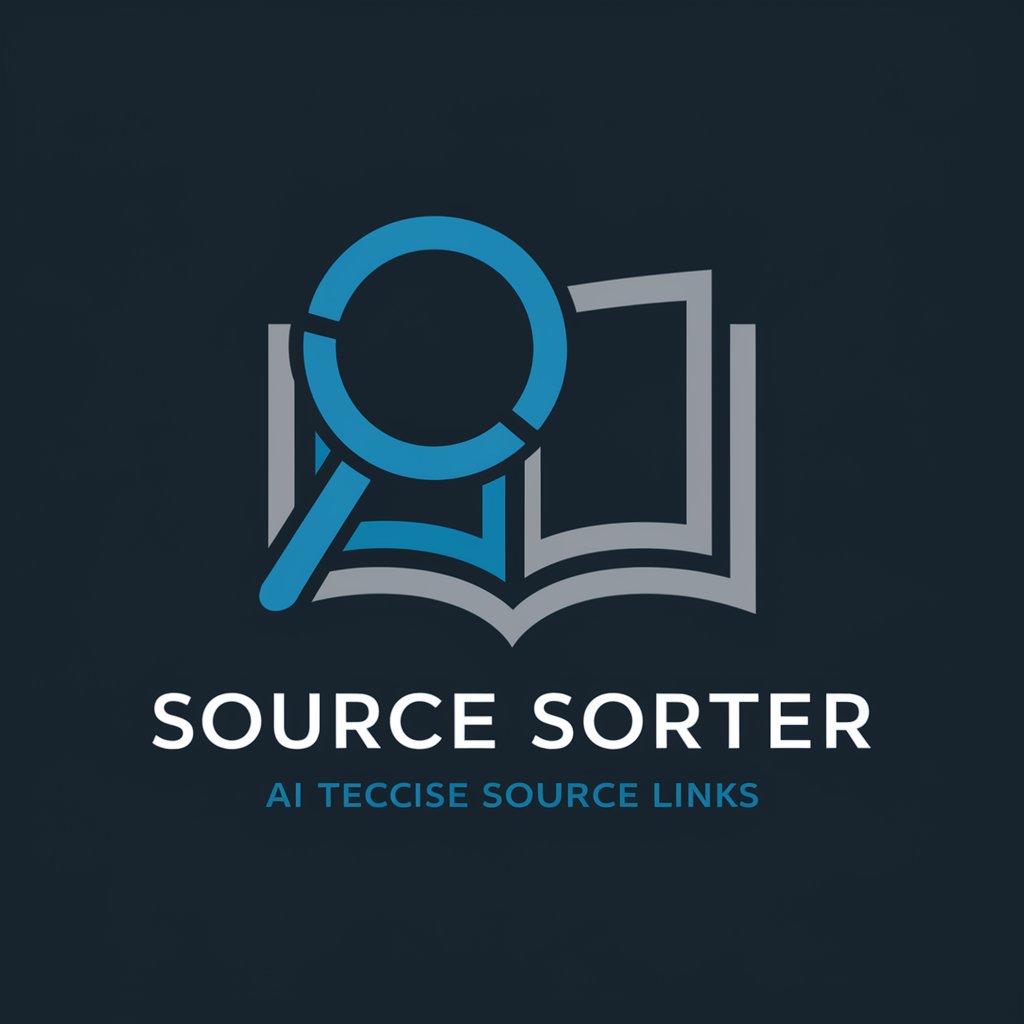
Love Insights
Unveil Your Path with AI Tarot Insights
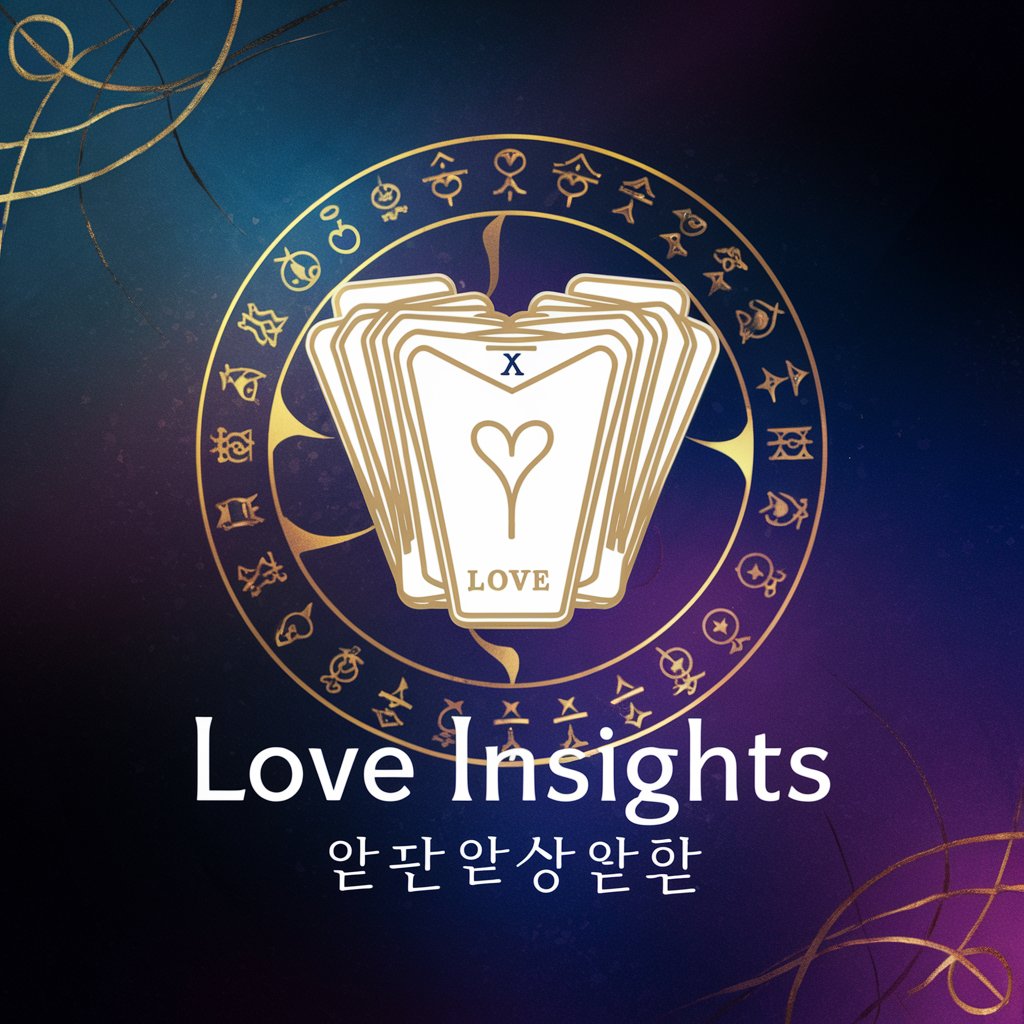
Love Lily
Revolutionizing Romance with AI

Love Coach 💕
AI-Powered Romantic Guidance

Love Muse
Crafting Personalized Poetic Love

Cyrano Love
Craft Your Love, Powered by AI

Source Seeker
Discover. Trust. Use.

Brush up on source code names
Revitalize Your Code with AI-Powered Naming

Insight Source
Empowering Decision-Making with AI-Driven Insights
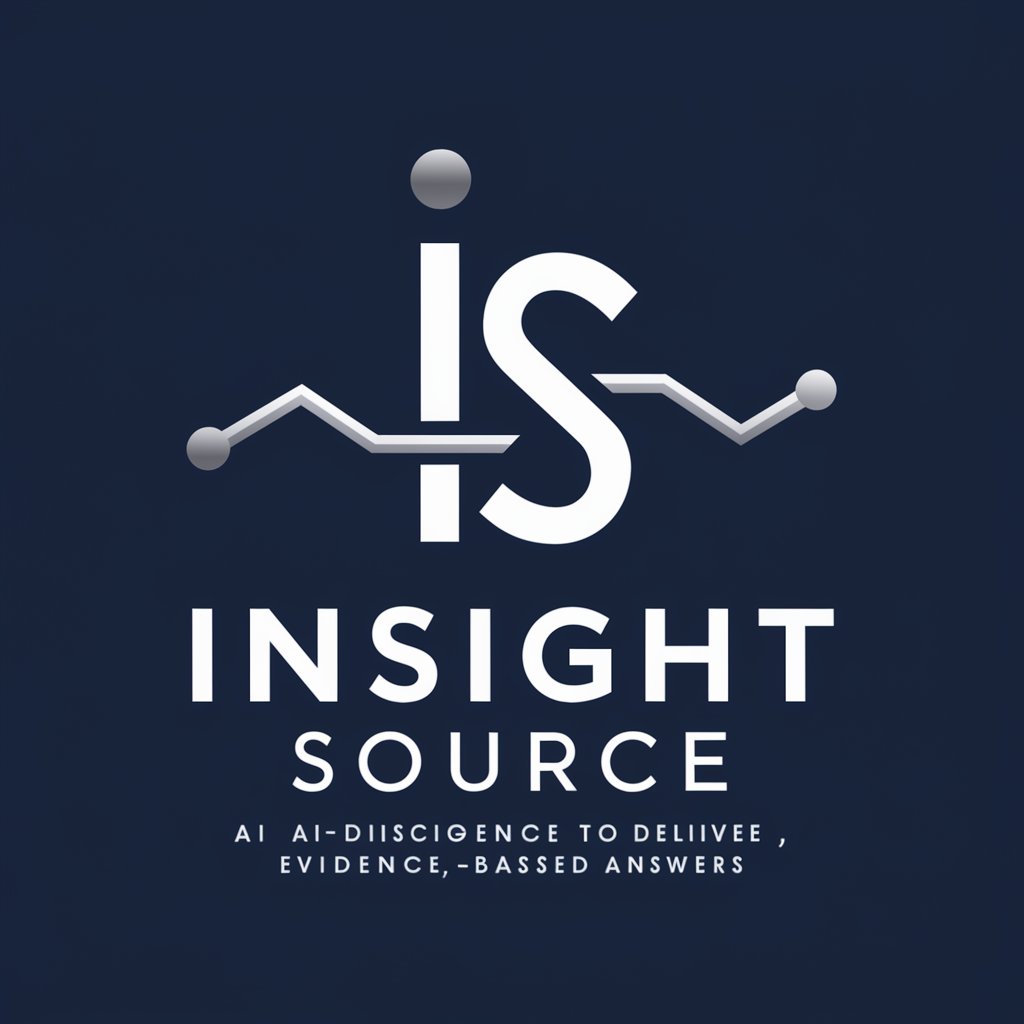
BestLaw | Open Source Legal Resources (Full-Text)
Unlock Legal Knowledge with AI
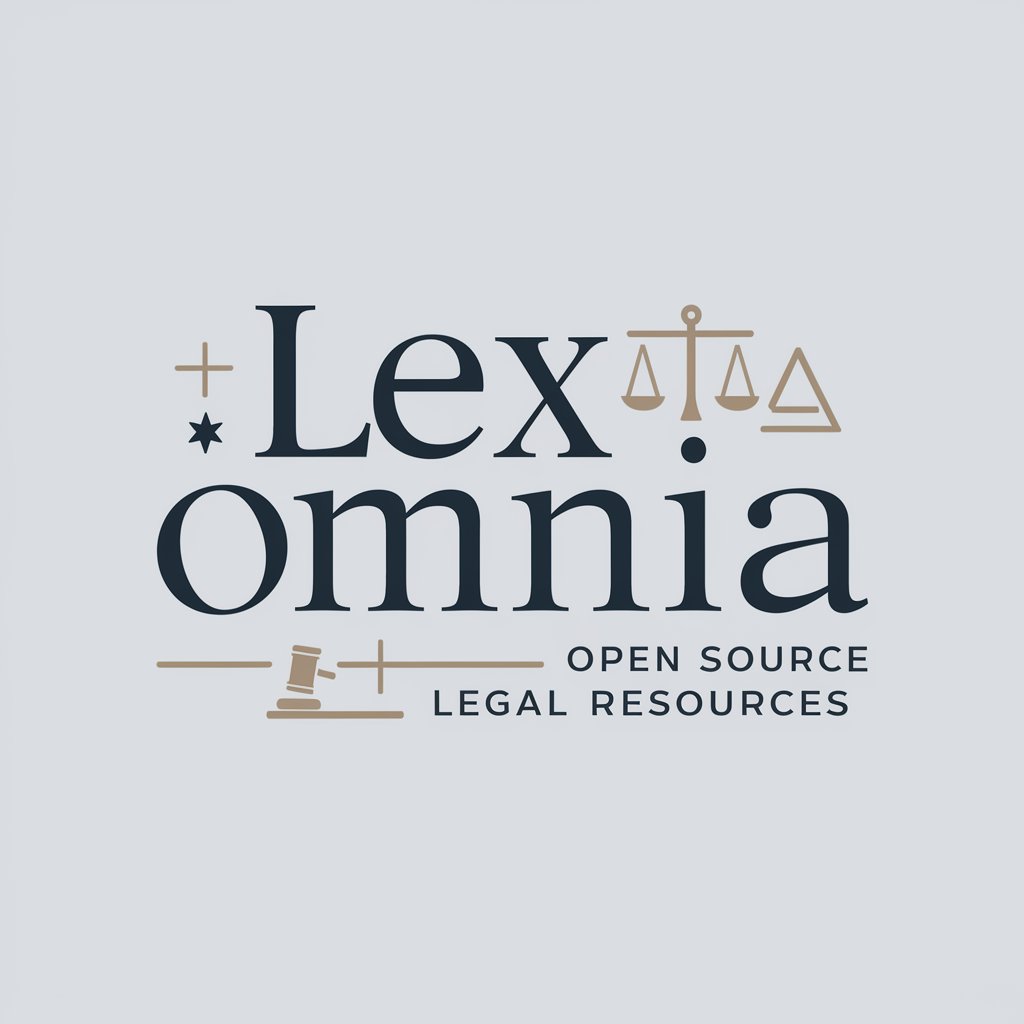
Find an Academic Source
Streamline Your Research with AI
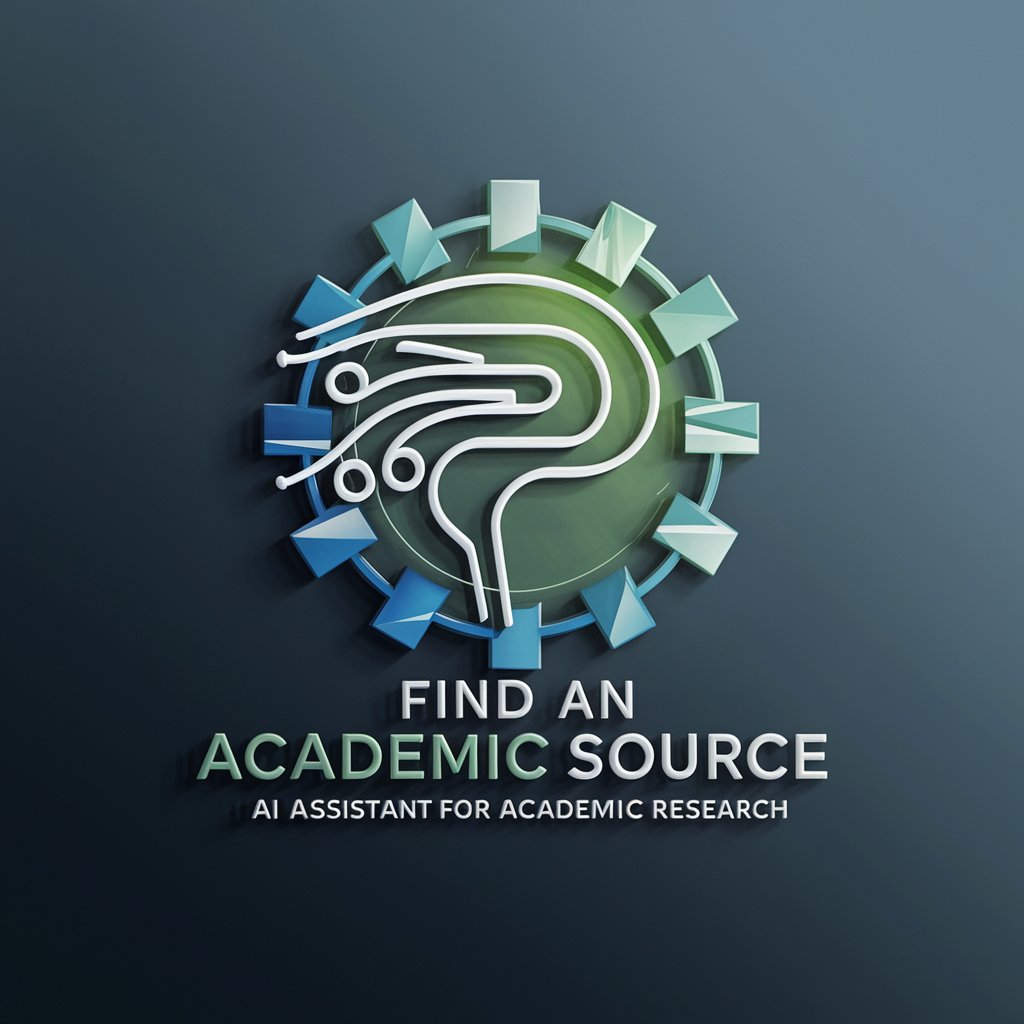
Engage Craft
Craft engaging messages with AI power.

Detailed Q&A About Source Sherpa
What is Source Sherpa?
Source Sherpa is an AI-powered tool designed to assist users in conducting efficient, high-quality web-based research. It guides through crafting search queries, evaluating sources, and refining research strategies.
Can Source Sherpa be used for non-academic research?
Absolutely, Source Sherpa is suitable for a variety of research needs including professional market research, personal projects, and more, providing tools to refine searches and evaluate sources across any context.
How does Source Sherpa handle source credibility?
Source Sherpa employs the CRAAP test, which evaluates Currency, Relevance, Authority, Accuracy, and Purpose to ensure that all sources meet high standards of credibility and relevance.
What are some advanced features of Source Sherpa?
Source Sherpa offers advanced search techniques such as Boolean operators, date range filtering, and access to specialized databases, tailored to refine search outcomes and improve relevance.
How can I get the most out of Source Sherpa?
Maximize your use of Source Sherpa by clearly defining your research objectives, using advanced search techniques, regularly refining your search terms, and critically evaluating all sources.
